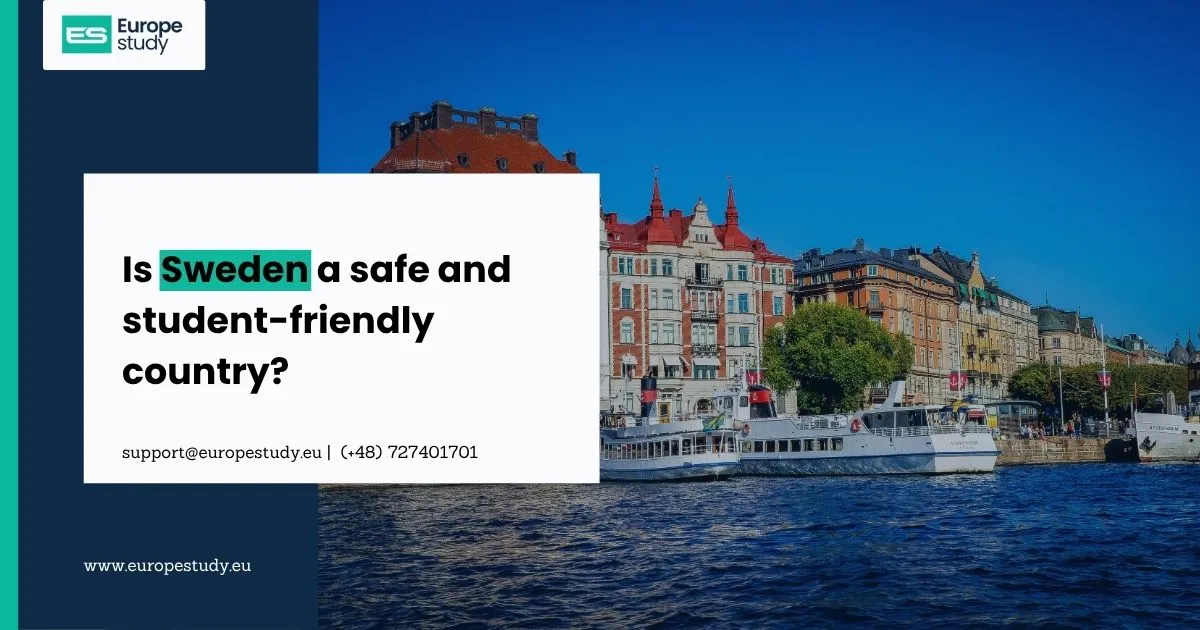
How expat-friendly is the Polish job market?
Poland has become one of Central Europe's most dynamic economies, and in recent years, it has started to attract increasing numbers of expatriates. With its strong GDP growth, relatively low cost of living, and expanding sectors such as IT, business services, and manufacturing, Poland is establishing itself as a solid destination for international professionals. But just how expat-friendly is the Polish job market? Let’s dive into the key aspects that affect this question.
1. Overview of the Polish Economy
Poland is the sixth-largest economy in the European Union and has been one of the fastest-growing over the last two decades. The country has managed to weather economic downturns better than many of its Western counterparts, largely due to a balanced mix of industry, exports, and a growing domestic market.
Key industries include:
- Information Technology (IT)
- Business Process Outsourcing (BPO)
- Shared Services Centers (SSC)
- Finance and Banking
- Automotive and Manufacturing
- Renewable Energy
These industries have played a major role in attracting foreign companies and, by extension, international workers.
2. Demand for Foreign Workers
The demand for foreign professionals is growing, particularly in large cities such as Warsaw, Kraków, Wrocław, Gdańsk, and Poznań. Many international companies have set up regional offices or service centers in Poland, and they frequently look for non-Polish-speaking employees, especially in roles that require multilingual capabilities.
In-demand roles for expats include:
- IT developers and software engineers
- Cybersecurity specialists
- Project managers
- Accountants and finance analysts
- HR and talent acquisition professionals
- Customer support agents (especially with foreign languages)
English is the working language in many multinational companies, and some roles specifically require native or fluent speakers of other languages, such as German, French, Spanish, or Scandinavian languages.
3. Language Barrier
Polish is the official language, and in many sectors—especially public administration, legal, and local companies—a working knowledge of Polish is either mandatory or highly beneficial. However, in international firms, particularly in IT and BPO sectors, English is often the primary working language.
That said, not speaking Polish can still be a limiting factor for career growth or job mobility within certain fields. Learning the basics of the language will not only improve your daily life but may also open up more job opportunities.
4. Work Permits and Residency
Poland is part of the EU, so citizens of other EU/EEA countries do not need a work permit to be employed. However, non-EU citizens must obtain both a work permit and a visa or residence card.
Types of work permits include:
- Type A: Most common; for employees working under a Polish employment contract.
- Type B: For board members residing in Poland for more than 6 months in a year.
- Type C-E: For intra-company transfers and temporary assignments.
While the process can be bureaucratic and time-consuming, employers in high-demand sectors are increasingly familiar with navigating the legalities for foreign workers. Some even sponsor and handle the entire process on behalf of the employee.
5. Salary Expectations and Cost of Living
Salaries in Poland are generally lower than in Western Europe but are steadily rising. Foreign specialists, especially in tech or finance, can earn very competitive salaries by local standards.
Average monthly gross salaries (as of mid-2025):
- IT Developer: PLN 12,000–22,000
- Project Manager: PLN 10,000–18,000
- Financial Analyst: PLN 8,000–14,000
- Customer Service (multilingual): PLN 6,000–10,000
The cost of living remains relatively affordable. Cities like Warsaw and Kraków are more expensive than smaller towns, but overall, housing, public transport, and groceries cost less than in Western Europe.
6. Work Culture and Environment
Polish work culture is relatively formal, especially in traditional sectors, though tech and startup environments are increasingly flexible. Hierarchies exist but are generally less rigid than in some other countries. Punctuality, professionalism, and clarity are highly valued.
There is a growing awareness of work-life balance, particularly among younger professionals and international companies.
7. Challenges for Expats
Despite the many positives, there are some challenges for expats:
- Bureaucracy: Dealing with official paperwork can be slow and frustrating.
- Healthcare access: Public healthcare is accessible, but private insurance is often preferred by expats due to shorter wait times.
- Recognition of qualifications: Non-EU degrees or certifications may require additional validation.
- Cultural adaptation: While many Poles speak English, social integration may take time without knowledge of Polish or an established expat community.
8. Networking and Resources
Poland has a growing expat community, particularly in cities like Warsaw and Kraków. Numerous networking events, Facebook groups, and business chambers (such as the American Chamber of Commerce in Poland or the British Polish Chamber of Commerce) help expats integrate and explore job opportunities.
Job search platforms tailored for foreigners include:
- Just Join IT
- No Fluff Jobs
- Pracuj.pl
- JobsinWarsaw.com
Final Thoughts: Is Poland Expat-Friendly for Job Seekers?
Poland is increasingly welcoming to foreign professionals, especially in certain high-demand sectors. While challenges remain—particularly around language and bureaucracy—the market is evolving. If you have the right qualifications and are open to learning about the culture and language, Poland can offer a rewarding career path, a good quality of life, and a gateway to broader opportunities in Central Europe.





